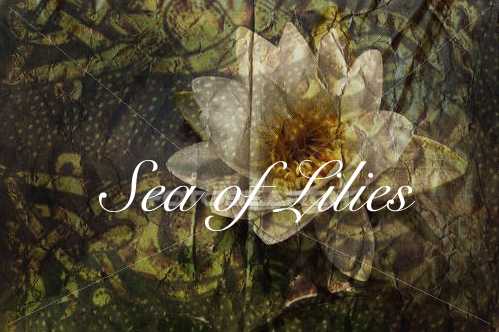I have had a desire to share my thoughts about some various education theories, so if you are a friend who reads just to keep up with what my children and I are doing, feel free to skip this post (and maybe a few more posts if I get to them). So kick things off here is my understanding of the basics of 3 education methods.
So the first early edu. method I read about thoroughly, and implemented much of was Montessori. Montessori has many appealing things about it. They trust children, respect children, and create an environment to best meet their needs and further their development. They focus on creating a special environment in which everything is child-friendly, every "toy" has a specific use and purpose developmentally, and the atmosphere is one of peace. Learning takes place through repeated work with the materials. It is focused on learning through the senses, learning at the child's pace and interest level, and very intentional toys/materials.
Charlotte Mason was my next study. She does not have a lot to say on the early childhood years. During these years she focuses on habit training, outdoor time, and the physical health of the child. She recommends no "formal" education until 6 or 7. At that point, the focus is on a "living" curriculum. This means, learning through observation of nature, hands on math, handwork, and books and stories (not textbooks.) She emphasized always keeping in mind the whole being of the child (spiritual, physical, and mental) when planning the education of a child. All those needs must be met, and be met in a balanced way. There is a particular focus on developing the character of the child which you will not find in other methods. The Charlotte Mason curriculum is rich, full, and presented in an interesting way. The students essentially discover things for themselves in a meaningful way.
Waldorf is my latest find. Waldorf schools have A LOT in common with Charlotte Mason in terms of the kind of education kids get- very holistic. Waldorf kindergartens are really about freedom and creativity inside a rhythm/routine which gives them a strong sense of security. There is a focus on nature and natural simple surroundings; involvement in household work (especially work that uses the hands); developing a love for rich and beautiful language through stories, rhymes, and songs; and open ended, simple toys (often made by the children themselves.) No "formal" education takes place until 1st grade. The focus is on bringing up healthy, creative, balanced children. First grade and up will have to be discussed at a later time as this post is already getting lengthy.
So there are my very short summaries of the education methods I have looked at so far. Sometime soon, I'll be back with more thoughts. (Keep in mind that I have not formally studied these methods, but have only read books, blogs, article, etc.)

One of our 'slogans' at the school is "Life Long Learning", and I really agree with the method of letting children in the early years learn in a natural daily-living way: counting as you set out plates and cutlery, watching the bugs in your back yard and finding out information about them from the internet or story books, listening to stories you tell and acting them out or drawing what the story reminded them of....and on and on. What a fun way to interact with your children, and learning is not a chore--it's life!
ReplyDelete